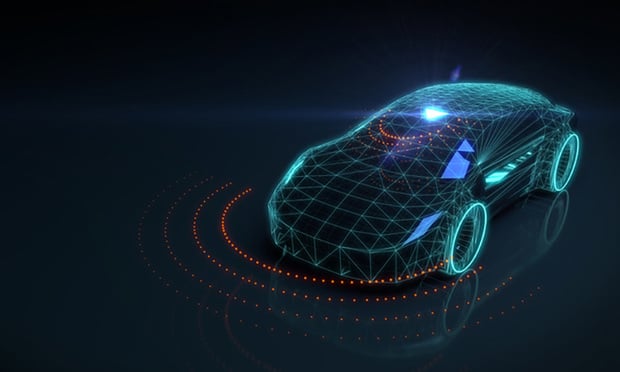 "Technologies such as Automated Lane Keeping Systems will pave the way for higher levels of automation in future — and these advances will unleash Britain's potential to be a world leader in the development and use of these technologies, creating essential jobs while ensuring our roads remain among the safest on the planet," Mike Hawes, CEO of the Society of Motor Manufacturers and Traders in the U.K., said in a statement. (Photo: O'Melveny & Myers LLP)
"Technologies such as Automated Lane Keeping Systems will pave the way for higher levels of automation in future — and these advances will unleash Britain's potential to be a world leader in the development and use of these technologies, creating essential jobs while ensuring our roads remain among the safest on the planet," Mike Hawes, CEO of the Society of Motor Manufacturers and Traders in the U.K., said in a statement. (Photo: O'Melveny & Myers LLP)
The United Kingdom is now the first nation to regulate the use of self-driving cars on its roadways, with the first autonomous vehicles hitting the pavement as early as this year, the Department for Transport announced on April 28.
Recommended For You
Want to continue reading?
Become a Free PropertyCasualty360 Digital Reader
Your access to unlimited PropertyCasualty360 content isn’t changing.
Once you are an ALM digital member, you’ll receive:
- Breaking insurance news and analysis, on-site and via our newsletters and custom alerts
- Weekly Insurance Speak podcast featuring exclusive interviews with industry leaders
- Educational webcasts, white papers, and ebooks from industry thought leaders
- Critical converage of the employee benefits and financial advisory markets on our other ALM sites, BenefitsPRO and ThinkAdvisor
Already have an account? Sign In Now
© Touchpoint Markets, All Rights Reserved. Request academic re-use from www.copyright.com. All other uses, submit a request to [email protected]. For more inforrmation visit Asset & Logo Licensing.







